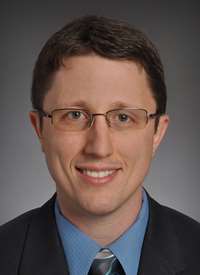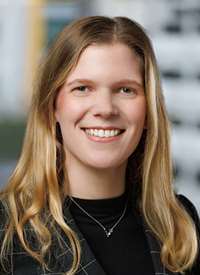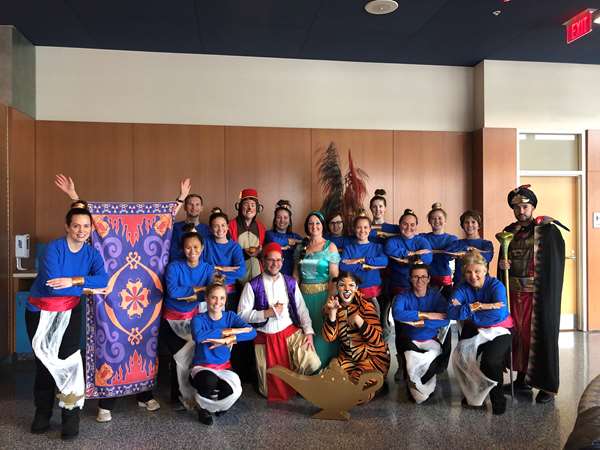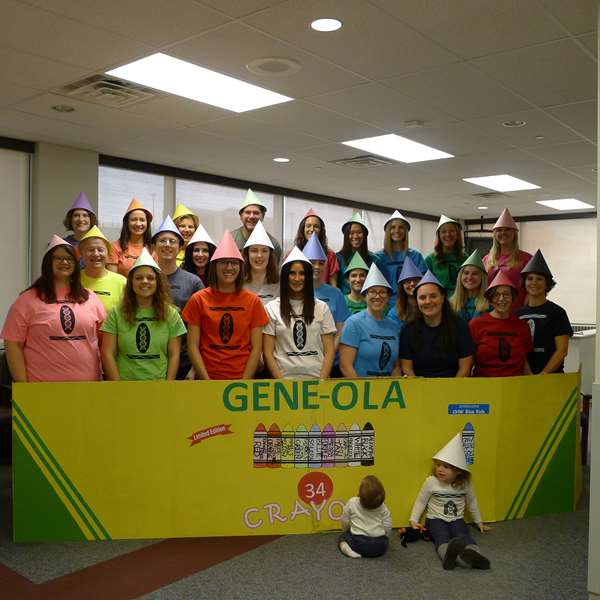Medical College of Wisconsin Medical Genetics Residency Program
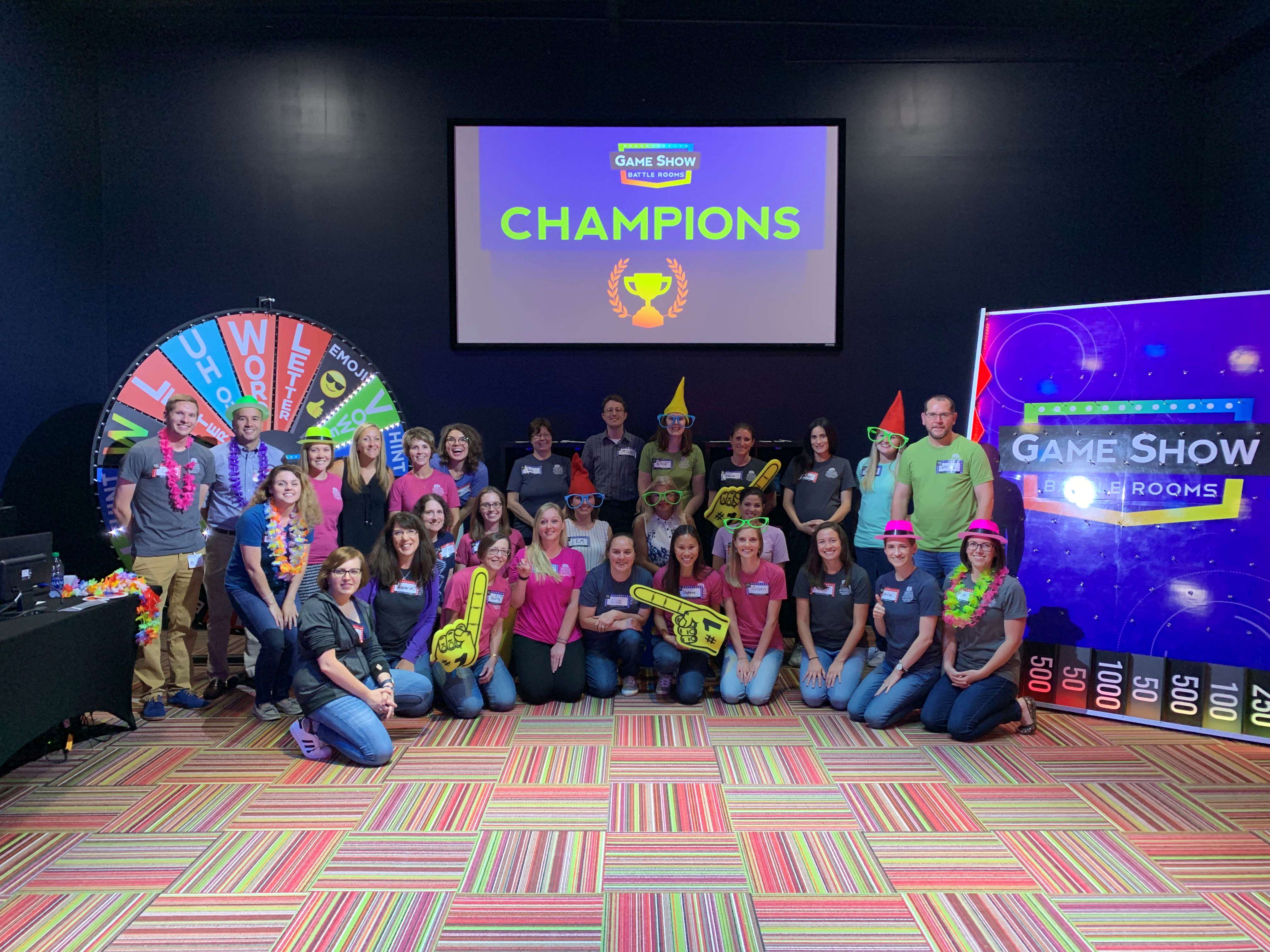
A Message from Our Program Director
Thank you for your interest in our Medical Genetics and Genomics Residency training program. We are excited to welcome passionate, inquisitive minds who are eager to make a meaningful impact in the rapidly evolving field of genetics & genomics. Our program is designed to provide comprehensive training, supportive mentorship, and diverse clinical and research opportunities to prepare you for a rewarding career at the forefront of genomic medicine.
We look forward to helping you grow into the next generation of leaders in medical genetics.
Donald Basel, MBBCh, FACMG
Program Director
Meet Our Director
As a Medical Genetics resident/fellow you will...
- Train as a physician in medical genetics so that you can function independently as a subspecialist in this field.
- Demonstrate competence to provide comprehensive genetic diagnostic, management, therapeutic, and counseling services at the completion of your training.
- Be mentored to pursue an academic or clinical career in medical genetics.
About Our Institutions
Medical College of Wisconsin (MCW)
The Medical College of Wisconsin brings together the most inquisitive minds in science, medicine, education and community engagement to solve the toughest challenges in health and society today. Academic medicine is at the core, where scientists, physicians and students work hand-in-hand with the community to ask the questions no one else is and fuel the continuous cycle of knowledge that’s shaping the future of medicine.
Children’s Wisconsin
Children’s Wisconsin is the region’s only independent health care system dedicated solely to the health and well-being of children. We offer a wide range of care and support for children of all ages. Our services include medical care, dental care, child and family counseling, foster care, adoption, social services, child advocacy and injury prevention.
Medical Genetics Residency/Fellowship Training
The Clinical Genetics training program at Medical College of Wisconsin is uniquely able to mold a strong Physician-Scientist. Not only is the clinical exposure rich, but the research opportunities and multidisciplinary collaboration efforts are exceptional. The ethos of this training program is one of intellectual curiosity, empowerment of deep investigation, and development of the mentor-mentee relationship. This department introduced me to the term "diagnostic odyssey," and is teaching me how to be a confident clinician and a persistent explorer."
A graduated fellow
Current Fellow
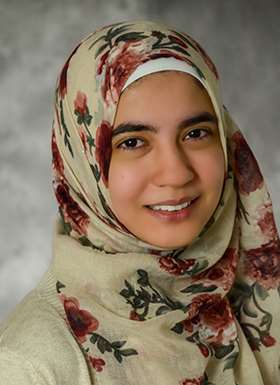
Duhah Hamayel, MD
Medical Genetics & Genomics Fellow, 2025-2027
Medical School: Indiana University School of Medicine; Residency: Advocate Children's Hospital-Oak Lawn
Our Team
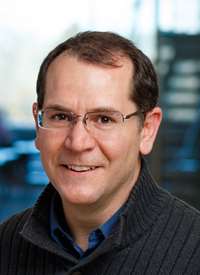
Donald G. Basel, MD
Section Chief and Professor, Pediatrics (Genetics); Associate Director, Undiagnosed & Rare Diseases, Linda T. and John A. Mellowes Center for Genomic Sciences and Precision Medicine; Medical Director, Genetics Center, Children’s Wisconsin; Co-program Director, Neurofibromatosis and RASopathy, Children's Wisconsin
